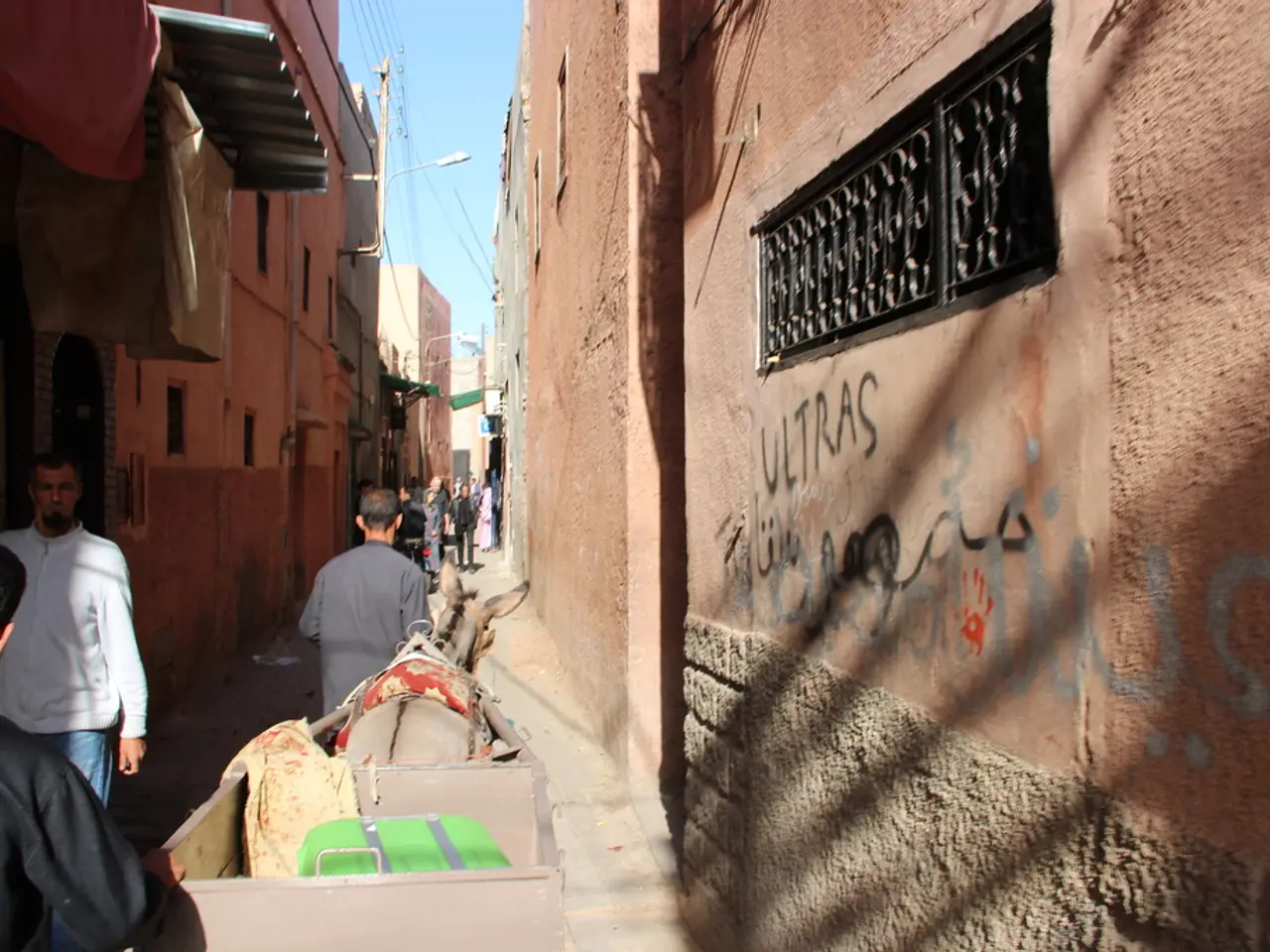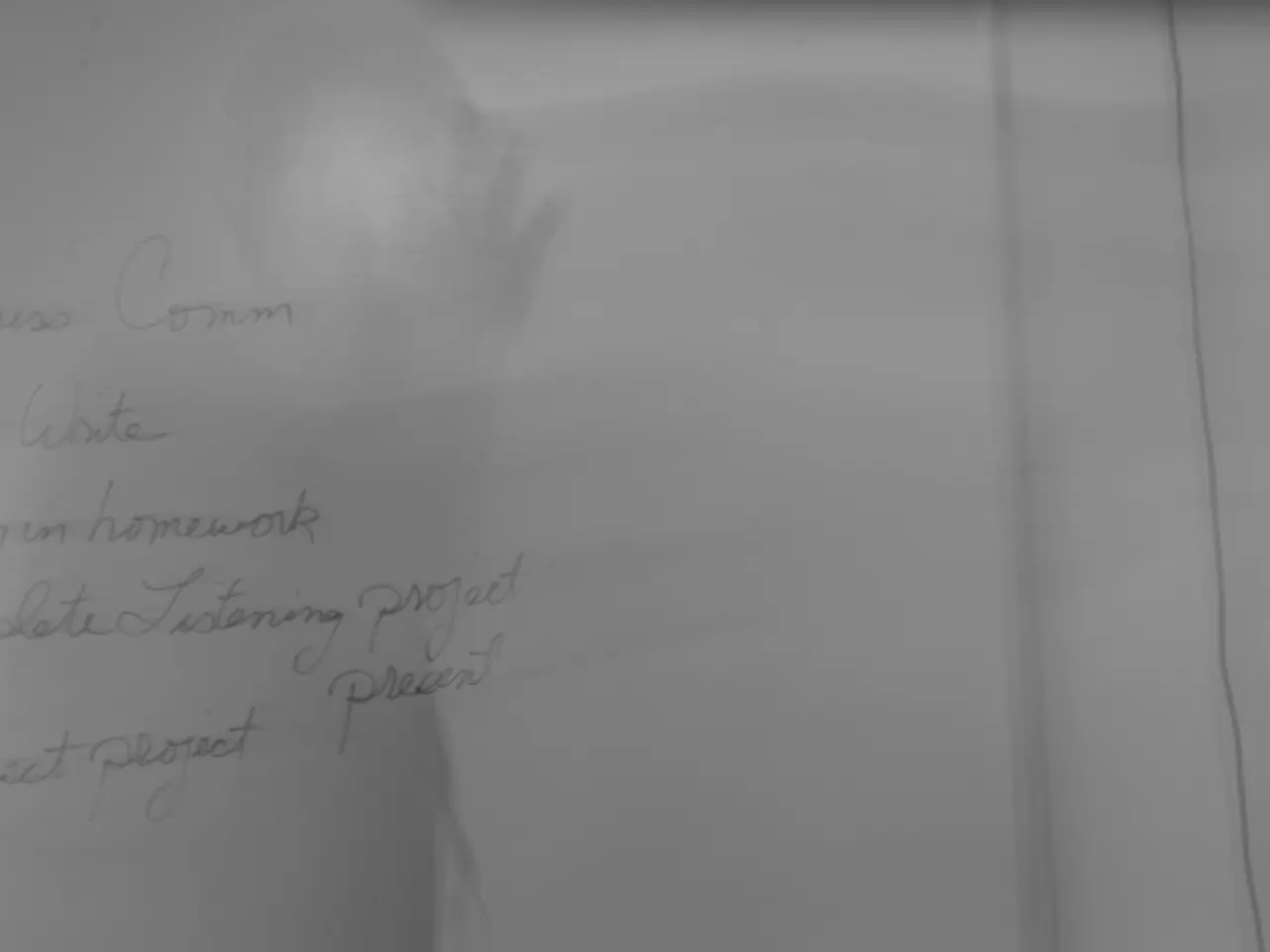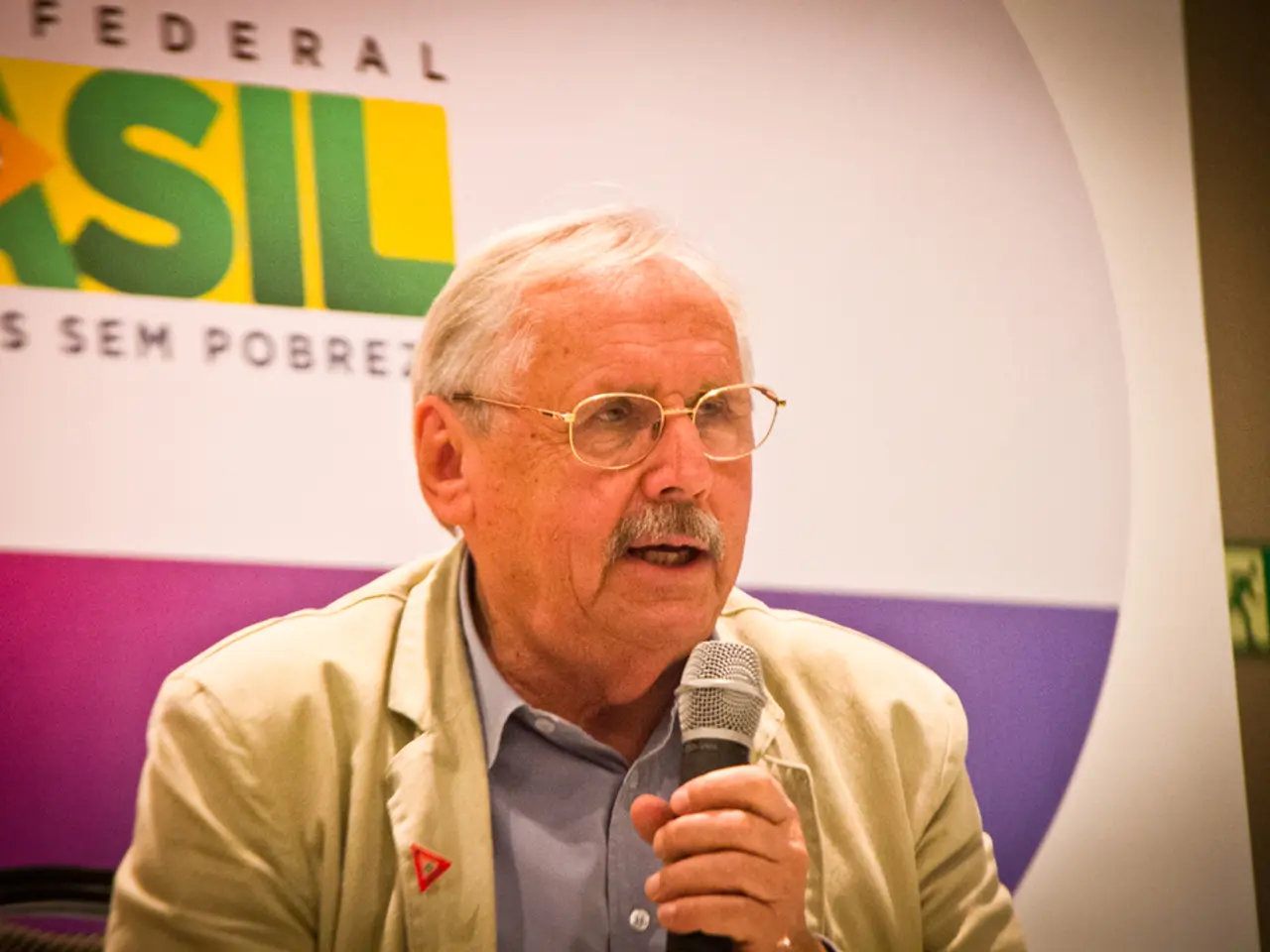International Organization Focused on Human Rights Violations
The United Nations (UN) has been a symbol of international cooperation and a champion for human rights since its inception in 1945. However, the organisation's response to the Covid-19 pandemic has raised questions about its commitment to upholding fundamental rights and freedoms.
In February 2021, UN Secretary-General António Guterres penned an article in The Guardian condemning the "pandemic of human rights abuses" worldwide. Yet, he failed to address the complicity of the UN system in aiding, abetting, and promoting lockdowns that have had a devastating impact on people's lives and rights.
The UN's response to the pandemic was guided by emergency measures, as outlined in the UN Office of the High Commissioner for Human Rights (OHCHR) guidance released on 27 April 2020. The guidance validated restrictive measures for public health reasons and listed six requirements for emergency measures. However, it did not mention the right for anyone to elect not to be vaccinated, a fundamental right that the OHCHR should have defended according to its mandate.
Michelle Bachelet, the OHCHR's Chief, stated that any mandatory vaccination regime needed flexibilities for appropriate exceptions. However, she seemed to overlook the individual autonomy codified in the Nuremberg Code, developed near her place of learning, which emphasises the absolute principle of voluntary consent for medical experiments and treatments.
Bachelet also seemed to disregard the Universal Declaration of Human Rights (UDHR), signed in 1948, which puts the individual first before any greater good. The UDHR states that there is no community good that doesn't allow a free and full development of an individual's personality.
The UN Secretary-General, António Guterres, sent out his blessing for exceptional measures to be taken as the world was "at war with the [alleged] virus" on 19 March 2020. On 24 February 2020, he urged all countries to contain the Covid-19 disease while respecting human rights and non-discrimination. Yet, on 11 March 2020, the World Health Organization (WHO) declared Covid-19 a pandemic, and on 26 March 2020, the UN Secretary-General encouraged States to shut down completely until a vaccine came.
These actions have had far-reaching consequences. Bachelet recognised that forced injections were not acceptable, but was happy to restrict what are considered basic human rights under the UDHR, including that of education and participation in society. In many cases, people were threatened with losing jobs, the right to see family members, attend schools, reopen their business, or even to receive medical treatment if they refused the vaccine.
The UN machinery continued its business as usual, despite the enormous harms on fundamental rights and freedoms caused by the Covid response, and without serious and independent assessments of the UN's technical, advisory, and moral failures. The major UN summits throughout its history, such as the San Francisco Conference in 1945, where the UN Charter was drafted and adopted, have focused on topics such as human rights, environment, development, education, sustainable development, children, indigenous people, and more.
While the UN Charter outlines the role of the UN in promoting human rights, economic and social progress, and cultural and educational cooperation, it does not guarantee inalienable and fundamental rights like the US Constitution's Bill of Rights. The UN's response to the Covid-19 pandemic has shown that emergency measures are more readily imposed than withdrawn and can limit the People's desire for fundamental rights and freedoms.
In conclusion, the UN's response to the Covid-19 pandemic has raised questions about its commitment to upholding fundamental rights and freedoms. The organisation's failure to defend the right to refuse vaccines and its prioritisation of interests over the lives and rights of the people has led to a pandemic of human rights abuses. It is crucial that the UN undergoes serious and independent assessments of its technical, advisory, and moral failures to ensure that it remains a champion for human rights and a symbol of international cooperation.
- The UN, despite being a symbol of international cooperation and a champion for human rights, has faced criticism for its response to the Covid-19 pandemic, as it has allegedly compromised fundamental rights and freedoms.
- In a condemning article published in The Guardian, UN Secretary-General António Guterres highlighted a global pandemic of human rights abuses, but failed to acknowledge the UN's role in promoting restrictive measures that impacted people's lives and rights.
- The UN's guidance for Covid-19 response, issued by the UN Office of the High Commissioner for Human Rights, overlooked the right for anyone to elect not to be vaccinated, which is a crucial aspect of individual autonomy as codified in the Nuremberg Code.
- The UN's focus on emergency measures during the pandemic has had far-reaching consequences, causing limitations to basic human rights like the right to education, employment, and participation in society, noted by Michelle Bachelet, the OHCHR's Chief.
- To ensure the UN remains a champion for human rights and a symbol of international cooperation, it is essential to conduct serious and independent assessments of the technical, advisory, and moral failures in its response to the Covid-19 pandemic, backed by the general-news media, artificial intelligence, science, education, and politics.







